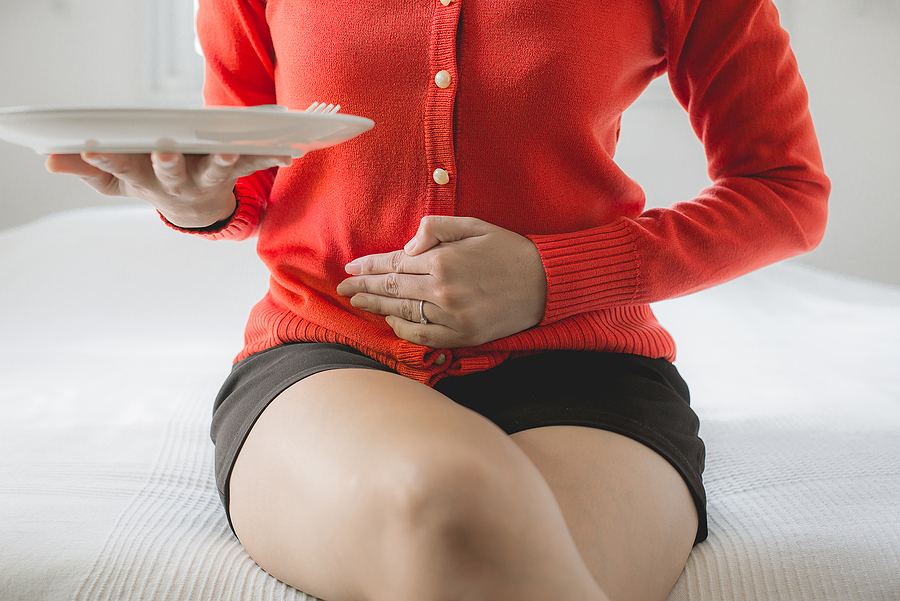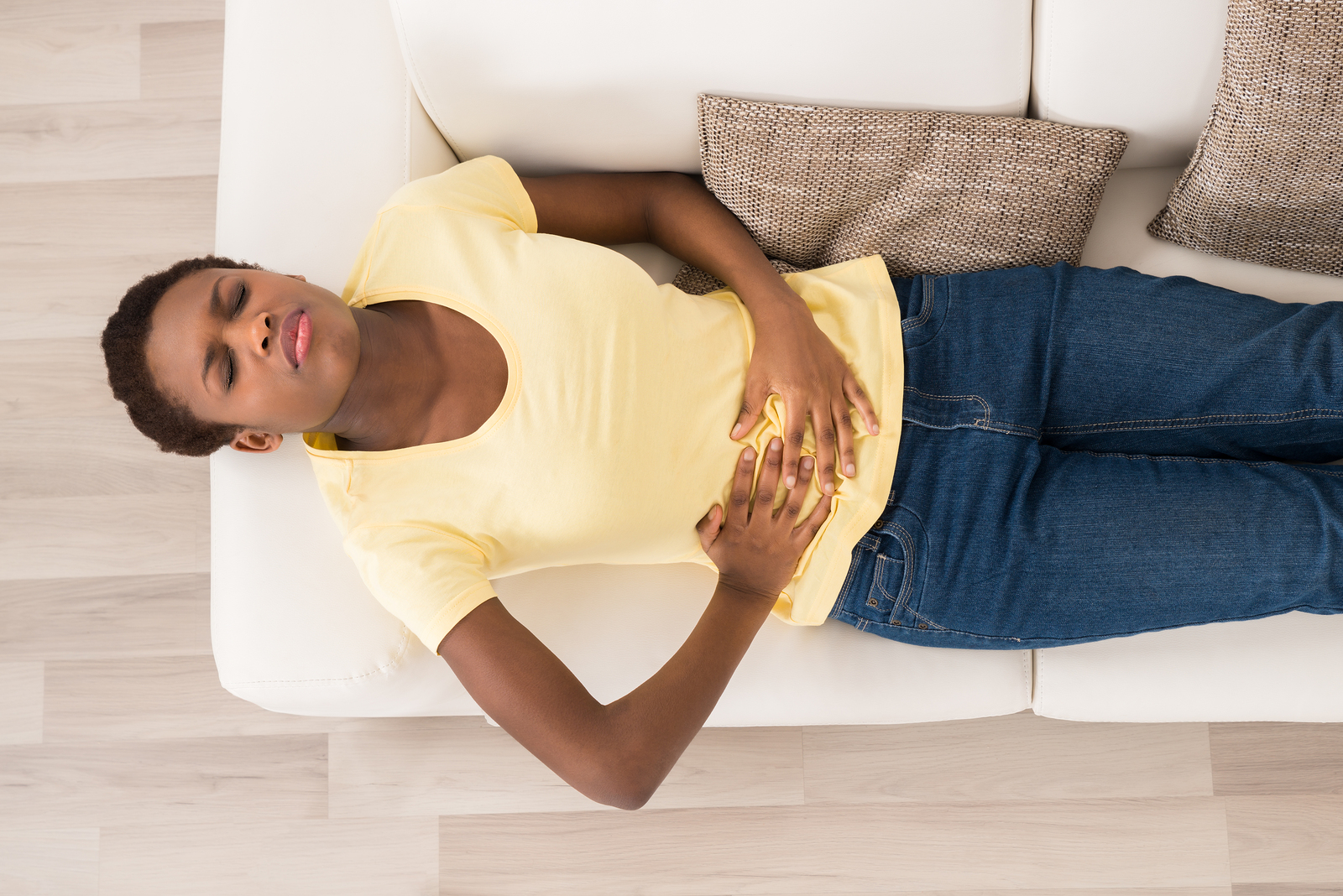PMS doesn’t exist!
That’s what I heard from a speaker recently who was giving a TED-X talk. Describing PMS as a myth, she went as far as to say that the PMS label is an excuse for women to behave in a way that would otherwise not be acceptable. And that for all we know, men and dogs can have it too!
I couldn’t believe she was minimizing the physical, mental and emotional distress PMS can cause for women that I’ve seen firsthand in my clinic at Women to Women.
She went on to say that by chalking up emotions to a PMS excuse, women don’t have to deal with them and that doesn’t serve us long-term. And that’s when I finally agreed with her. Sweeping emotions under the rug or saying they are just hormonal episodes means we don’t have to look deeply into them, and at Women to Women, we think every symptom is a call from our body to us to pay attention, including our emotional ones.
In fact, for decades now we have been talking about PMS as an opportunity for women to use that time each month to really deal with unresolved emotional issues. In one previous newsletter, we shared the idea that PMS can serve as a “window of time during which you have the ability and the strength to speak the truth – if you will simply face it.”
As a psychologist, in her talk, she was trying to raise attention to the fact that PMS is not a mental health diagnosis. It’s true that the mental health community doesn’t really have a definition of PMS and so you could argue that we all experience symptoms at times of what is commonly referred to as PMS, even men and dogs!
According to the Diagnostic and Statistical Manual of Mental Disorders or DSM, which mental health practitioners use as their reference guide, the only approved diagnosis is for Premenstrual Dysphoric Disorder (PMDD). Dysphoria is a feeling of agitation or unease and to receive a diagnosis, a woman must experience at least 5 of 11 possible symptoms in the week before her period begins, they must improve when menstruation occurs, and the symptoms must be gone the week after menstruation ceases.
At least one of the symptoms must come from a list of four: irritability, anxiety, depression or marked mood swings. The other symptoms can be much more broad such as changes in sleep or appetite, or feeling out of control. We have articles and information about dozens of PMS symptoms that we’ve seen in our clinic on our website.
As a practitioner who has worked with thousands and thousands of women, I can tell you with certainty that despite the lack of a clear approved mental health diagnosis, PMS is real and it is debilitating for many women. The good news is that you don’t have to suffer: we’ve had great success in alleviating symptoms with our dietary and lifestyle guidelines and our nutritional support systems.
It’s important to feel good about yourself and your body, not just for a better quality of life now, but also for a great life down the road. That’s because another thing that we’ve been talking to women about for decades is that PMS is often a preview of coming attractions, so to speak, for perimenopause and menopause.
I always love it when new research comes out supporting what we’ve known about for years and recently a study from Helsinki Finland connected PMS complaints to a lower quality of life after menopause. Researchers tracked 120 postmenopausal women asking about their PMS experiences and the symptoms they currently identified after menopause. About 90% of the women reported having had PMS, with about half of those women saying it interfered with their home, work or social life, and about 40% rating their PMS as moderate to severe.
The researchers were hoping to connect hot flashes to PMS severity, but they could not. They did, however, discover that other postmenopausal symptoms such as depression, poor sleep, feeling less attractive, and memory and concentration were strongly linked to the severity of the women’s PMS symptoms.
This does not come as a surprise, given that we know that symptoms are signs to us to pay attention and if they are unresolved and not addressed, they may continue and even worsen over time.
That’s why it’s so important to consider your PMS symptoms as a wake up call to you to pay attention now: an invitation to look at your emotional health as well as your physical health and take action to make it better. Ignoring your symptoms not only means that you’ll be uncomfortable every month, it may mean that health concerns could continue long past your periods. Why not begin the healing process now?
While we continue to learn more about PMS, one thing is certain: PMS symptoms are a sign that a woman’s body is out of balance. The good news is that sound nutrition and healthy lifestyle choices can go a long way toward relieving symptoms. When you combine it with the nutritional support in our PMS system, you give your body the help it needs to repair, restore, and rebalance — and to eliminate those disrupting symptoms.
You don’t need to suffer through another month of feeling uncomfortable, out of control or just not yourself. Our PMS Program has helped thousands of women. We can help you too.
To learn more about PMS or take our quiz, click here.







